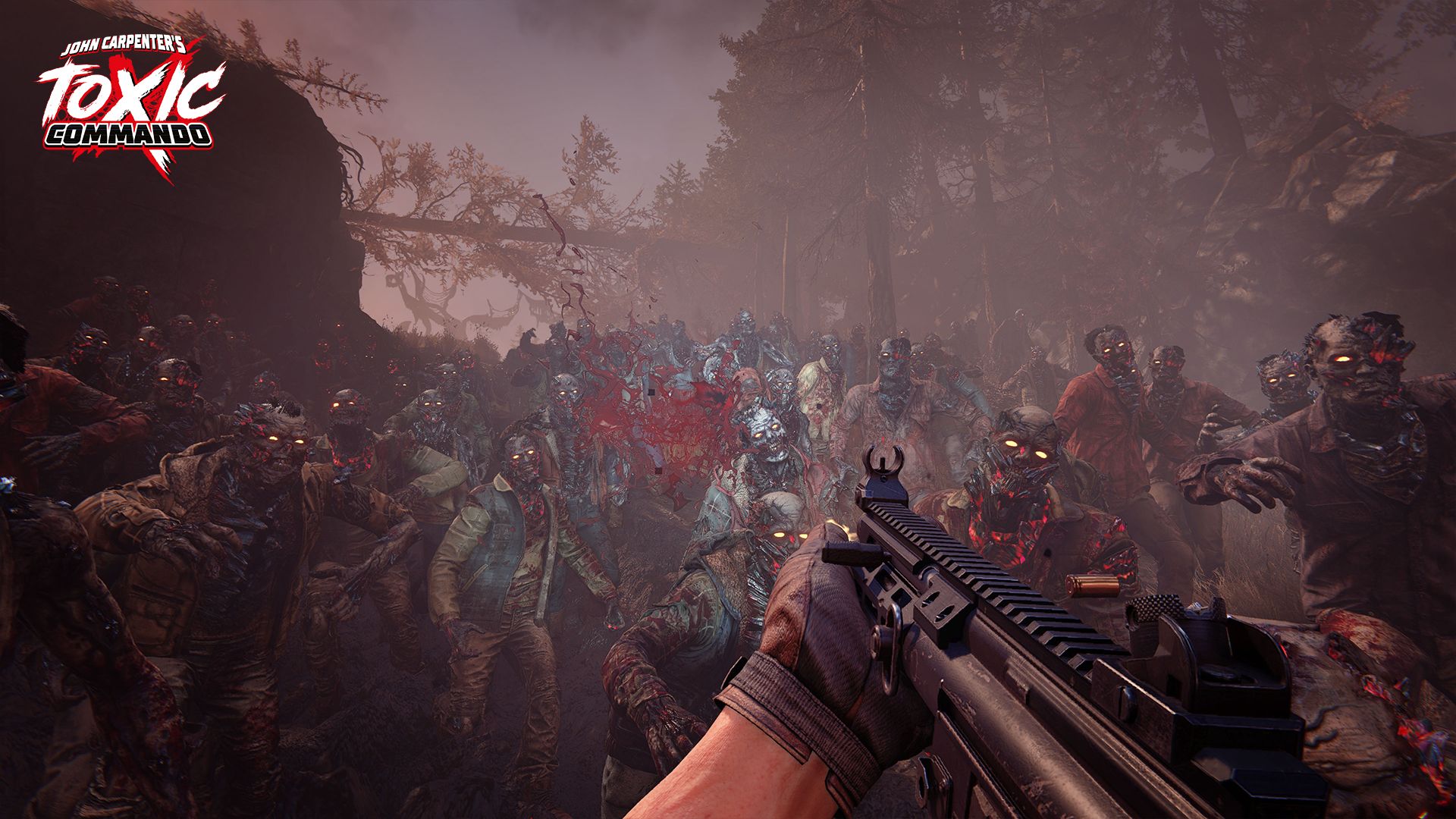-
Five Common Myths of Hotel Revenue Management – By Dr. Cindy Heo – Image Credit Unsplash+
Despite its critical role in hotel profitability, revenue management remains one of the most misunderstood functions in hospitality. Often considered a dull, technical aspect of occupancy metrics for large chains, hotel revenue management has easily been written off as being just about numbers and pricing. In reality, it is a strategic, creative discipline that can unlock significant value across all types of hotels and operations.
Reinventing Hotel Revenue Management
Revenue management has long carried an unfair reputation as one of hospitality’s more “boring” disciplines. After nearly two decades as professor and researcher in this field, I’ve seen many eyes glaze over when I mention my area of expertise.
In truth, revenue management is anything but dull. For me, it’s a dynamic playing field, full of creative potential when framed in the right way, More essentially, it is key to the success of every type of hotel – whether a small B&B or big chain.
Revenue management is both an art and a science based on using data and human acumen to drive smart, profit-making decisions. Yet despite its strategic importance, many myths still surround this field.
These misconceptions undervalue what revenue management can achieve, preventing hoteliers, especially small business owners, from fully leveraging its power.
In this article, I aim to debunk five common myths about revenue management and offer insights to help reframe the way hoteliers might think about their revenue strategy.
Unpacking the Misconceptions
Many assumptions continue to cloud the true nature of hotel revenue management. These widely held beliefs, though often repeated, can limit strategic thinking and hinder profitability. Below are five common misconceptions — and the reality behind each — to help shift the perspective and uncover the real drivers of performance.
1. Higher Occupancy or RevPAR Always Means Better Performance
Reality:
While high occupancy or RevPAR (Revenue Per Available Room) might seem the winning strategy, these figures don’t always tell the full story. Selling out at low rates may generate less revenue than running at slightly lower occupancy with higher ADR (Average Daily Rate).
Similarly, filling rooms with discounted group bookings could push out higher-paying guests. What needs to be assessed is which group might be willing to spend more on additional services, for example, F&B, spa, meeting rooms, etc.
Focusing on a single metric, like RevPAR, limits the far wider horizon. Smarter performance evaluation could come from tracking multiple KPIs in tandem. Metrics like GOPPAR (Gross Operating Profit Per Available Room), TRevPAR (Total Revenue Per Available Room) and TrevPOC (Total Revenue per Available Customer) analyses offer a more holistic understanding of business health.
The secret is to always look at the bigger picture. Take into account the micro details: what are the costs, how is guest behavior impacting spending, what ancillary revenue could we be tapping into? Asking questions outside the typically narrow box of what revenue management is about can help hoteliers make truly informed decisions.
2. Revenue Management Ends Once the Room is Sold
Reality:
Revenue management doesn’t stop at check-in. In fact, this is exactly when the next opportunity begins. Every touchpoint during a guest’s stay, (dining, wellness treatments, tourist trips), holds potential for added revenue.
Many hotels now use upselling and cross-selling strategies throughout the guest journey, from pre-arrival upgrade offers to in-stay promotions via mobile apps. Some partner with local vendors and cultural venues to create personalized packages. These initiatives increase revenue while elevating the guest experience. The real challenge lies in looking beyond the room and more towards total revenue optimization.
3. Revenue Management is a Standalone Function
Reality:
A revenue manager should not operate in a vacuum. Success depends on cross-functional collaboration across departments like marketing, sales, operations and finance – they all influence the bottom line.
Marketing can specifically fuel demand through special promotions. Sales teams shape rate strategies and secure group contracts. Operations impact guest satisfaction, which affects repeat bookings and pricing power. Finance sets targets and helps track profitability.
These inputs become more critical when using AI-powered revenue management systems that depend on clean, shared data. A siloed revenue team can only go so far. Greater impact is created with a connected approach with shared goals and transparent data.
4. Only Large Hotels Need Revenue Management
Reality:
Revenue management isn’t just for big hotel brands with hundreds of rooms. In fact, smaller properties often need it even more; with fewer rooms, every pricing decision has a proportionally larger effect on performance.
For instance, mispricing a single room in a 30-room hotel affects over 3% of total inventory compared to just 0.3% in a 1,000-room resort. Smaller hotels often can’t afford such margin for error.
Moreover, many of the tools and techniques used by large chains can now be scaled down. From dynamic pricing to channel management and forecasting, small hoteliers have access to user-friendly tools that deliver big results. If there’s one mantra worth remembering: revenue management is about smart decision-making, not hotel size.
5. Analytical Skill is the Most Important Trait in a Revenue Manager
Reality:
Strong analytical skills are still important but they’re no longer the whole story regarding the job. As AI and automation take over routine number crunching, I see the role of the revenue manager evolving into something far more strategically creative.
Nowadays, soft skills such as curiosity and strong communication are just as vital as technical expertise.
Regarding data analysis, a key competency is the ability to interpret it at a deeper, behavioral-level, i.e., insights that reveal not only what guests do, but why they do it. Revenue managers today should get into the habit of asking bold questions and thinking beyond the numbers.
Why are guests willing to pay a premium here? Why aren’t they dining in-house? What motivates guests to book our hotel so far in advance?
These behavioral insights, often buried beneath the surface of transactional data, can spark innovation for new sources of revenue.
From Revenue Management to Total Profit Management
As we move beyond outdated myths and embrace a more expansive view of what revenue management can do, I’d like to conclude with the importance of learning from failure – this too is deep data. What didn’t work is as valuable as what did. Make a database of these “value mistakes” because they shed important understanding on behavioral insights and evolving trends.
Understanding these motivations enables more accurate demand forecasting and personalized guest experiences.
My advice to hoteliers is to think in broad, inclusive ways. Avoid a tunnel vision mindset of where revenue could be generated from. Room occupancy is one of many potential revenue streams. Ultimately, revenue managers who combine curiosity with technological knowhow, i.e., who know how to ask better questions and make use of the answers, will thrive in the new landscape.
I don’t believe AI will totally replace revenue managers, but revenue managers who skillfully leverage AI will outperform those who don’t. Ultimately, the modern revenue manager should be a type of strategic architect, someone who integrates deep data with human insight to optimize total profit management.

Dr Cindy Heo is the Associate Professor of Revenue Management at EHL. Connect with Cindy on LinkedIn.
This article originally appeared on EHL Insights.















